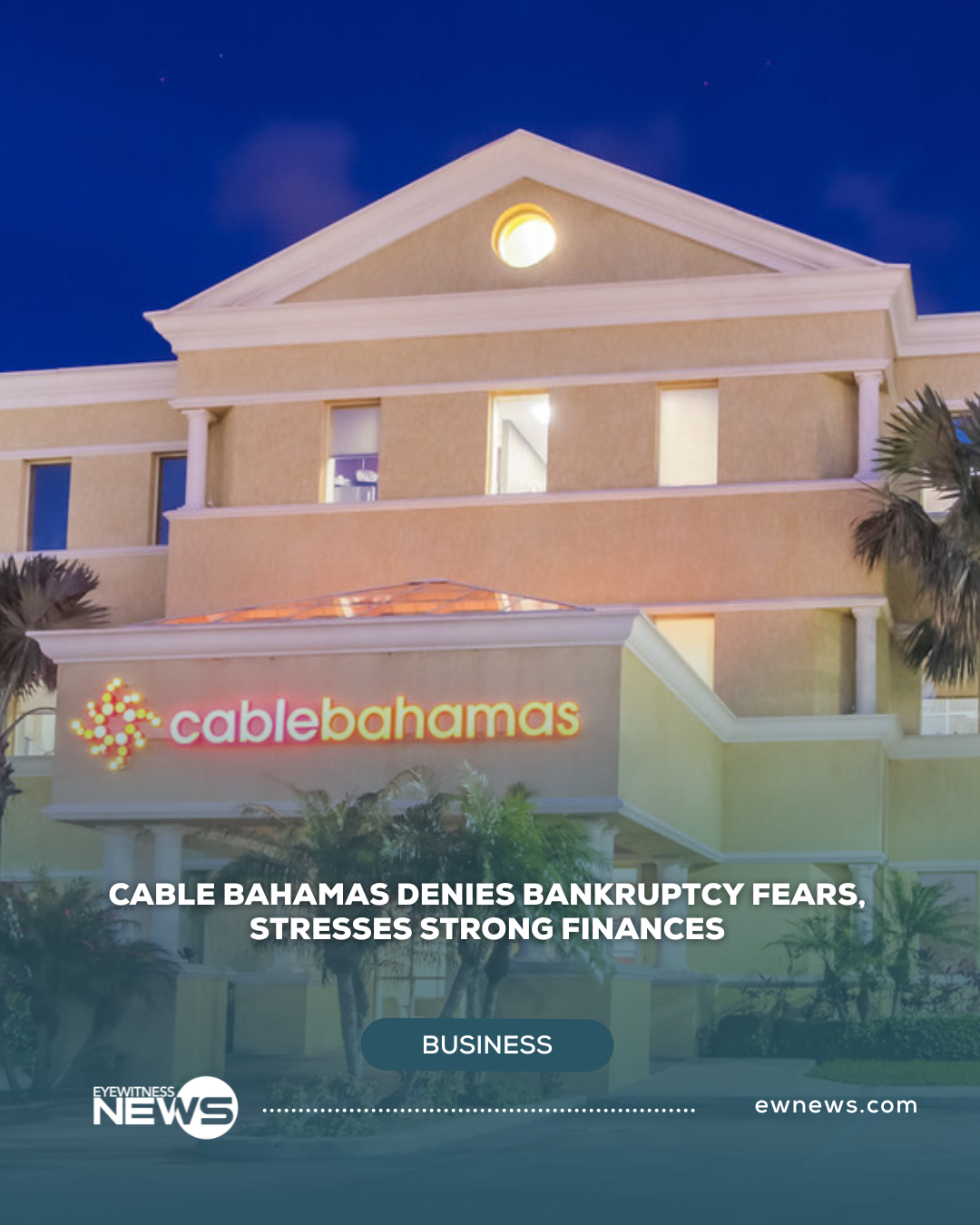NASSAU, BAHAMAS — The Grand Bahama Chamber of Commerce’s president said the Grand Bahama Power Company’s (GBPC) recent announcement of a fuel charge increase came as no surprise, as he suggested that the move would not have a major impact on the island’s economy.
“They have done a really good job in holding the line on pricing over the last two years particularly coming out of the hurricane and followed by COVID,” GBCC chairman James Carey told Eyewitness News.
“I’m not surprised that they’re making an adjustment at this time because of what is happening in the global market. I can’t see it being overly impactful though. Any increase will have some impact but I can’t at the moment see it having a major impact.”
Last Friday, the Grand Bahama Power Company (GBPC) announced that effective November 1 the fuel cost to its consumers will increase to 11.5 cents per kWh from the current rate of 10 cents per kWh. GBPC said that the increase is a direct reflection of the rise in global oil prices over the year.
The company said that in order to minimize price fluctuation and provide cost predictability for its customers, it began hedging in 2014. According to the company, 80 percent of the fuel it purchases is hedged, and the remaining 20 percent is purchased at current market prices.
Carey told Eyewitness News the minimum wage increase and the indirect impact of Bahamas Power and Light’s (BPL) increase are more concerning to him.
“We are watching the increase in the minimum wage because we don’t have any statistics readily available to say the number of persons who would be impacted whether public or private. We believe also that the price movement with BPL will have some impact on us apart from Nassau,” said Carey.
BPL recently announced that customers using less than 800kWh will see an increase of two cents p/kWh, and those using more power will see an increase of 4.3 cents p/kWh in four increments, peaking in September 2023. In a statement, BPL said the increases will take effect: October 1 to November 30, 2022; December 1, 2022 to February 28, 2023; March 1 to May 31, 2023; June 1 to August 31, 2023. The price p/kWh is then slated to decrease at the same rate in two phases: September 1 to November 30, 2023; and December 1, 2023 to February 28, 2024.
“There is a fair bit of trade inward bound to Freeport from Nassau. We see some impact coming from that but again it’s hard to estimate how much. We do know that some product is coming in from Nassau to us. If merchants in Nassau are going to be impacted then of course that is going to have a trickle-down effect on their prices,” Carey explained.
Carey described the Grand Bahama economy as still being “a bit sluggish” although there is movement as it relates to the start-up of small businesses.
















